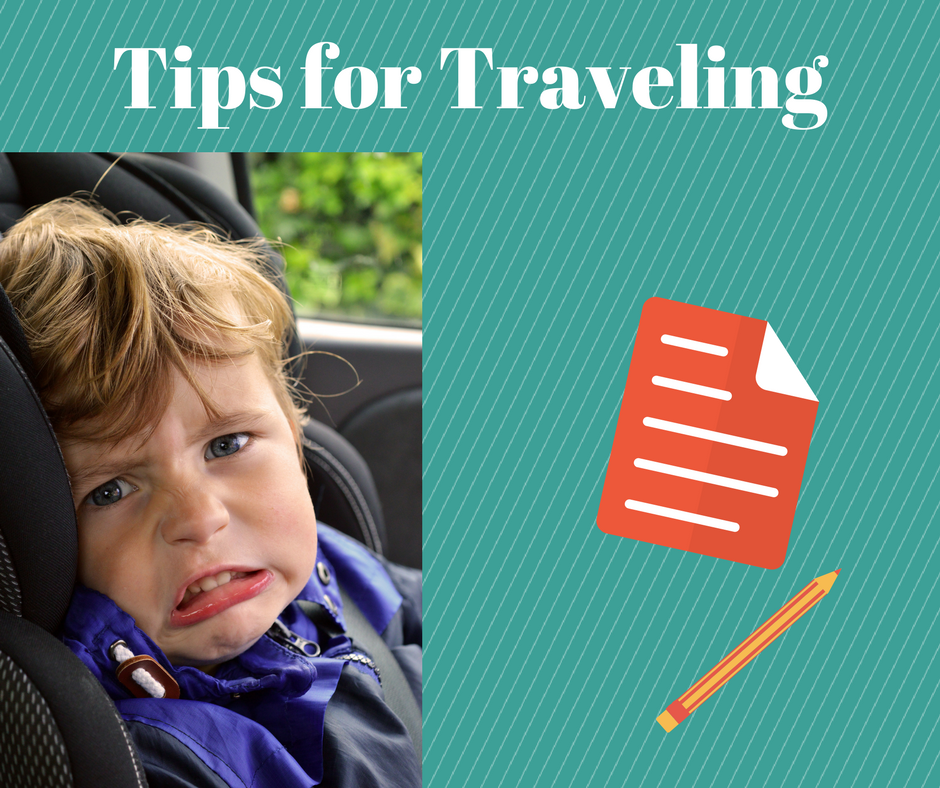
Traveling with children who have special healthcare needs or disabilities can be challenging. However, with these tips from Family Voices of Tennessee, you can make your next family trip a little bit easier.
1. Your Child’s Car Seat
Make sure that your child’s car seat is installed correctly. You can make the seat a little more comfortable by adding a layer of quilt batting underneath the seat cover.
2. Child Locks
If your child is an escape artist, consider getting covers for the buckles in the backseat, and remember to switch on the child lock so that the rear doors cannot be opened from the inside.
3. Pack a Cooler
Some families pack a big cooler with all of the food that a child will need during the trip. Refrigerated coolers that plug into a car’s lighter make it possible to pack all types of food and medicine.
4. Stop along the way
Other families locate specialized grocery stores along their route and plan to re-stock special foods during the trip. Stores such as Trader Joe’s and Whole Foods provide addresses and directions to all of their locations on their websites.
5. The right equipment for travel
If you’re bringing a wheelchair or crutches, consider what type of terrain you will be covering. For example, it is possible to push some types of wheelchairs on hiking trails.
6. Find out what your hotel will provide
Some hotels can provide certain types of equipment such as shower chairs or hospital beds, but you must call and speak to the hotel manager in most cases. You can also rent equipment locally during your stay.
Most major hotel chains offer wheelchair-accessible rooms with accessible bathrooms, but they must be reserved in advance. Families who enjoy camping may buy or rent an extra-large tent for wheelchair accessibility.
7. Write a Social Story
Children with special needs often do not respond well to uncertainty and may feel overwhelmed. Some parents say that writing a social story about the trip is essential to help a child really understand the details of what the trip will involve.
8. Provide Visuals
Consider using photo albums, schedules and maps to help children understand where you are going and who & what you will see. Any type of visual support will help reduce anxiety and increase interest.
9. Regular Stops
Consider stopping at least every 2 hours. This reduces not only toileting accidents in the car, but also general fussiness from lack of exercise. In the same line of thinking, sometimes it is better to spread a 10 hour road trip over 2 days instead of one long day.
10. Get an Access Pass
If your itinerary includes a national park or national recreation area, your child with a disability is eligible for a free lifetime Access Pass. At some parks, the Access Pass grants free admission to everyone traveling in the vehicle with the pass holder, but the pass holder must present a photo identification along with the Access Pass.
11. Physician’s Letter
If your itinerary includes an amusement park, you should visit the Guest Services Office to find out if your child with a disability is eligible for a fast pass or special ride privileges. You will need a letter from your child’s physician stating the nature of the disability for these privileges.
12. Bracelet for Wanderers
If your child is a wanderer, consider purchasing a child tracking device before you travel. In case your child becomes lost, it is helpful to have a recent photo and a written description of your child’s special needs (Will she respond to her name? Will he run away from strangers?).
13. In case of a real emergency
For children with chronic medical needs, it’s a good idea to identify hospitals or health centers at your destination where your insurance plan is accepted. You may want to keep a one-page medical history in your bag just in case. Hotels and campground staff can also tell you where the nearest pharmacy is.
14. Portable Sensory Toolkit / Activity Bag
Children can become under or overstimulated, which leads to crying in the car. To prevent sensory meltdowns, carry a portable sensory toolkit or activity bag with favorite items from home and a few new items. (favorite toy, new toy, I-pad, coloring books, crayons, reading books, stickers, snacks, water bottle, etc.)
Traveling with children who have special healthcare needs or disabilities can be conquered if you plan ahead.
Happy traveling!